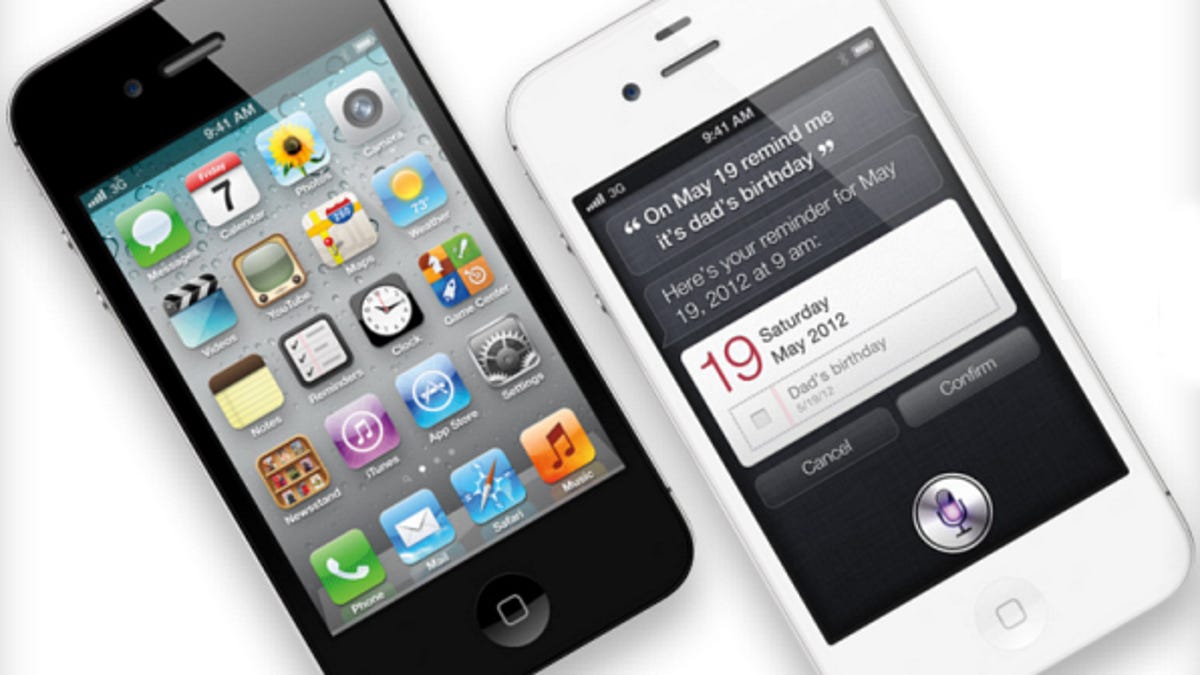iPhone buyers, fear not over carrier subsidies, says analyst
A Morgan Stanley analyst offers reassuring words: Carriers would face too many obstacles to trimming those subsidies to Apple that keep prices down.

iPhone buyers have nothing to worry about, at least when it comes to carrier subsidies.
Recent moves by two Spanish carriers to eliminate subsidies for new iPhone users triggered fears that other carriers could do the same. Removing the subsidy paid by carriers to Apple means buyers would have to shell out the full retail price for the phone.
But Morgan Stanley analyst Katy Huberty sees little or no chance of that trend spreading any further.
In a research note published today, Huberty said that all three U.S. iPhone carriers are required by contract to provide certain subsidies. The contracts currently in place last for several years. And since each of the three contracts expires at a different date, the carriers can't all "team up" at the same time to jointly pressure Apple to lower subsidies.
T-Mobile USA Chief Marketing Officer Cole Brodman said in March that he believes subsidies are hurting the wireless industry and that he would like to see them go away. But the three big U.S. iPhones carriers -- Verizon, AT&T, and Sprint -- rely on subsidized phones to lure in customers.
Carriers actually lose money on many smartphones up front due to heavy subsidies and only break even and finally turn a profit later on in the typical two-year contract. That's why they charge so much for early termination fees and push users into those long-term commitments.
In fact, carriers are now extending their upgrade cycles and imposing more upgrade fees to offset the high costs of the subsidies, Huberty said. AT&T, for example, now requires iPhone subscribers to complete at least 20 months of their two-year contract before they can upgrade to a new phone. That compares with the 18 months required for the last couple of iPhones.
Some carriers are also now charging subscribers between $30 and $36 to upgrade. But they're kicking in these extra charges so they can continue to justify paying the high subsidy costs.
With subsidies still firmly in place, the iPhone will pick up its usual robust sales this year. Morgan Stanley is eyeing iPhone shipments of 25 million to 28 million in the second quarter, in line with its own estimates but below the 30 million forecast by Wall Street.
Still, the iPhone 4S rollout has been the fastest one in Apple's history, according to Huberty, as supply has already caught up with demand.
Like many Apple watchers, Huberty expects an LTE-enabled iPhone 5 to kick off a strong wave of upgrades in the second half of the year. Recent reports suggest that the next generation iPhone will debut this fall, most likely in October.

